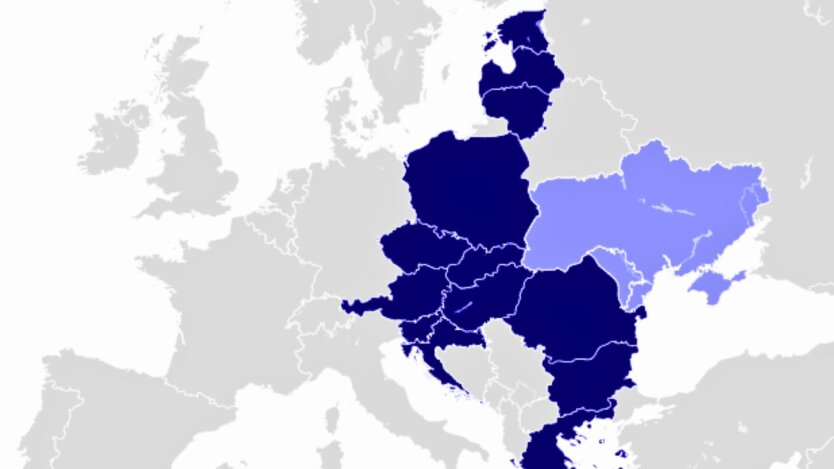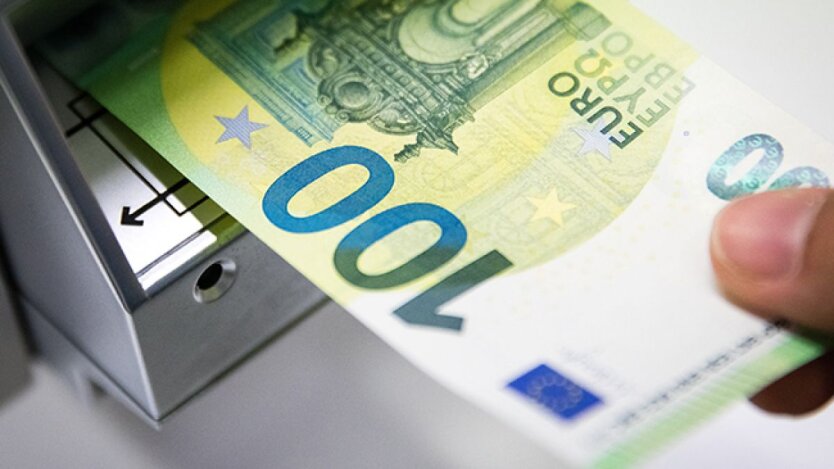Economy of the New Entente.


In my previous article, I showed the necessity of reformatting the infrastructure project of the Three Seas into a new Entente. And today I want to talk about why the new Entente is desirable for the member countries of the Three Seas as a new economic union.
Industrial policy measures are the secret history of the rise of developed countries in the world. We all know about China's phenomenal success, which in the last 30 years has become the world's second-largest economy using industrial policy. However, the US also engaged in industrial policy roughly from the mid-19th century up until 1945 (occasionally they refer to industrial policy measures even today). But for some reason, it's not customary to talk about that. The IMF and the World Bank constantly impose free trade on us and Eastern European countries as the most correct and progressive way to conduct economic affairs. This is, of course, understandable: why would developed countries want competition? Today, they don't know what to do with competition coming from China; why would they want more problems?
The modern economic model is such that some countries develop and produce goods and services, while other countries consume them. Development and production are handled by developed countries (sometimes they relocate production to other countries). Other countries are left only to consume goods and services produced by developed countries and their satellites: from cars to services provided by PricewaterhouseCoopers. But it wasn't always like this; even in the mid-20th century, many small European countries independently produced many industrial goods. After economic globalization, which occurred after World War II (intensified after 1991 due to the growth of financial globalization), everything changed. Now production is handled by only a few countries. There are fewer producers because the IMF-imposed privatization propaganda in developing countries leads to the fact that national privatized enterprises sooner or later come under the control of international corporations.
"Isn't this bad, - the reader might ask, - since these corporations are quite efficient and have honed their skills in creating quality products because they have access to capital and conduct numerous technological innovations?". Yes, it is so. But countries that give up independent industrial policy lose economic subjectivity and sometimes find themselves in situations where they are deprived of industrial products critically necessary for their survival and which cannot be bought on the world market: because they are not sold to them or because these countries lack the financial means for this. You guessed it, I'm talking about weapons that
are needed by Ukraine for survival in the war with Russia.
"Asian Tiger" versus the Three Seas countries
Economist Adam Smith (yes, that one) once also recommended that the US buy goods from Britain and sell raw materials on the world market. But they didn't listen to him and began to implement the ideas of Alexander Hamilton, which were a mix of ideas about national industrial policy. That is why today the US produces F-16 aircraft, and we do not, because we have no industrial policy.
How do things stand in this regard in Central, Eastern, and Southeastern Europe? Also, not in the best way: the overwhelming majority of industrial goods the Three Seas countries get from the West, Japan, China, and other "Asian Tigers." One could say they are critically dependent on these products, as well as credit funds, which they mainly use to buy these goods.
And this situation is irresolvable if the main economic policy of the Three Seas countries will be free trade. Because it is difficult to compete with corporations located in developed countries that are dynamically developing technologically because they have better access to credit and equity financing and, as a result, have more opportunities to attract the best talent. Therefore, technological enterprises located in developing countries that adhere to the principles of free trade have almost no chance of competing with developed countries. For example, over the last 50 years, only one new manufacturer has appeared in the automotive/electric vehicle industry, and that is Tesla. And, by the way, it appeared in the USA.
The Three Seas countries that are part of the European Union will always be in a subordinate position compared to France, Germany, Italy, Switzerland, and the Benelux countries. They will never catch up with them, as they follow the free trade path, which will never allow them to surpass these countries. If there is no industrial policy in the country, there is no accelerated development of technologies, and only they provide opportunities to catch up and overtake the production leaders. Consequently, in the future, the Three Seas countries may face the same problem in securing arms in the event of a war with Russia (and there certainly will be one) that Ukraine faces today.
After all, if you sum up the population of the countries that are part of the Three Seas, it will be a figure of about 122 million people, which is almost twice the population of France and almost 40 million more than the
Read also
- Drivers have been informed of good news: the situation at gas stations will soon change
- Return should not be a trial: how the state helps veterans
- Real estate in southern Ukraine: what is the cost of renting or buying an apartment
- New Opportunity for Entrepreneurs: PrivatBank Simplified Key Procedure
- Transition from dollar to euro: NBU names timelines, and IMF - conditions
- Not only tax: who else will gain access to the banking secrets of Ukrainians










